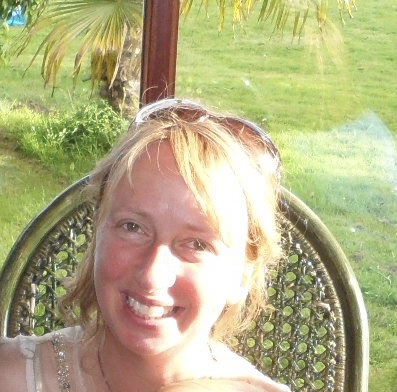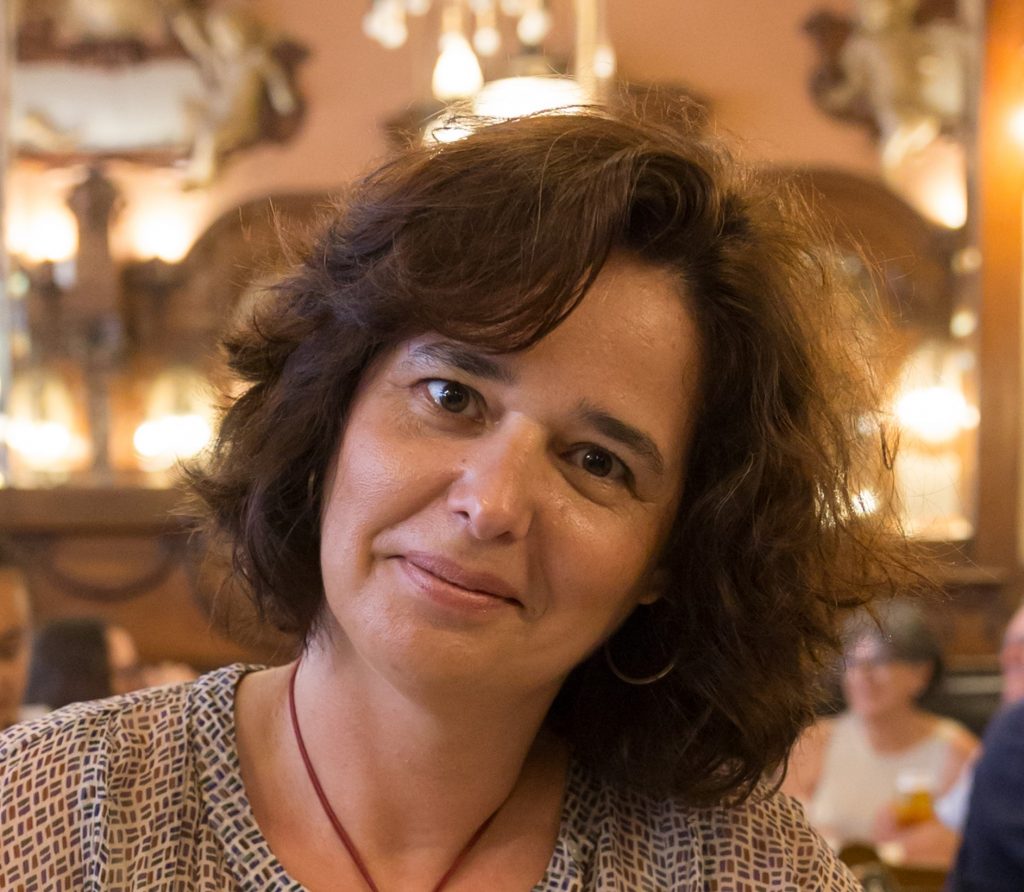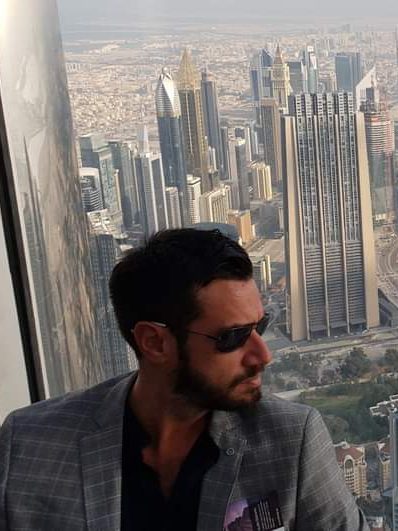Congress, ISCP Italy Research Hub Symposium, 2021
Date: 8th October, 2021
Introduction to the ISCP Italy Research Hub
Having reached its tenth year, the SCP Italy (Society for Coaching Psychology, Italy) decided it was the right time to set up an Italian ISCP Research Hub. The aim is to further anchor the future development of Coaching Psychology in Italy to research activity, both in coaching psychology and other related fields such as Ecopsychology, AI, Systems Change, Neurosciences. The SCP Italy profoundly believes in Coaching Psychology and desire to develop our capabilities and skills, attract more professionals by promoting research and exchanges within the international network of Coaching Psychology. In doing so we also intend to rely on partnerships with other coaching professional bodies in Italy.
The ISCP Italy Research Hub Symposium will provide an overview to the research projects it is undertaking. Visit the Research Hub for more information about it.
Ecopsychology Research
Zelda Di Blasi, Silvana Dini, Giovanna Savarese, Siobhain O’ Riordan & Stephen Palmer,
Abstract
This research stream aims to explore the potential benefits associated with coaching performed walking outdoors in a green or blue space. This exploration is based on contributions from Ecopsychology and Coaching Psychology and in particular it is based on two studies evaluating the effectiveness of coaching while talking on well-being, vitality and creative thinking (Palmer and O’Riordan, 2019; O’Riordan and Palmer, 2019).
We will present studies conducted in Italy and UK that advance this research, to examine whether coaching in motion, in an outdoor space, will also increase vitality, well-being, and creativity in the coachees, and to qualitatively assess the experience with walk-and-talk sessions to examine some of the benefits and barriers.
This is a step of an initial path in which we would like as ISCP Italy Research Hub to continue in-depth research to detect some of the active ingredients of walking coaching in order to determine if this can increase the potential effectiveness of coaching, compared to more traditional static and face-to-face methods.

Zelda Di Blasi
Dr Zelda Di Blasi PhD, MPsychSc, CPsychol is the co-director of a Masters in Positive and Coaching Psychology at University College Cork, Ireland. Her expertise is in health and positive psychology. She has published in various journals including the Lancet and the British Medical Journal. Zelda has diplomas in Contemporary Yoga and Modern Dance, and an Advanced Diploma in Personal, Leadership and Executive Coaching accredited by the ICF and the EMCC. She is a certified Health & Wellness Coach with the Institute of Health Sciences, a HeartMath Coach/Mentor, and a Strengths Provider with the Centre of Applied Positive Psychology.

Silvana Dini
Silvana Dini is a Coaching Psychologist (FISCPAccred), Coaching Supervisor (ISCP Accred), Management Consultant. Co-founder and Steering Committee member of SCP Italy and ISCP Honorary Vice President. Co-director of the Advanced Training Course in Business Coaching Psychology at the Università Europea di Roma.
Giovanna Savarese

Giovanna Savarese is a Systemic-relational psychotherapist, Master in Business Coaching Psychology. She comes from ten years of Human Resources Management in international contexts and she specialized in assessment and development center, which she has followed for companies in different areas (Social, Banking, Commerce, Energy Cooperatives), both as an external consultant and as an internal collaborator. In the clinical area, she has been dealing with various forms of psychological and social distress for about 20 years, working for the social inclusion of the most vulnerable.

Siobhain O’ Riordan
Dr Siobhain O’ Riordan PhD is the Founder Chair of the International Society for Coaching Psychology (ISCP) and a member of the International Research Centre Development Team of the ISCP International Centre for Coaching Psychology Research (http://www.iscpresearch.org). She is also Chair of the ISCP Conference Team.
Siobhain is a Chartered Psychologist, a Chartered Scientist and a Fellow of the Royal Society for the encouragement of Arts, Manufactures & Commerce. She is a Fellow of the ISCP, a Principle Practitioner of the Association for Business Psychology, a member of the International Stress Management Association (ISMA) a member of the Association for Coaching, an Hon member of the Institute of Health Promotion & Education and an academic member of the Association of Rational Emotional Behavioural Therapists. She is also an ISCP Accredited Supervisor. In 2010 she received the Distinguished Contribution to Coaching Psychology Award (BPS SGCP).
Stephen Palmer

Prof Stephen Palmer PhD FISCP Accred is a Chartered Biologist and Psychologist and member of the British Ecological Society. He is Professor of Practice at the Wales Academy for Professional Practice and Applied Research, University of Wales Trinity Saint David and Adjunct Professor of Coaching Psychology, Aalborg University. He is Coordinating Director of the ISCP International Centre for Coaching Psychology Research, and Founder Director of the Centre for Coaching, London.
AI Research Stream
AI Coaching: Enhancing quality in coaching through psychology and AI
Patrizia Catellani and Maria Rita Fiasco
Abstract
This line of research intends first of all to pursue a definition of AI Coaching, as a technology-enhanced systematic process to coach people, help them in defining their objectives and building their own strategy and actions to achieve them.
We will differentiate between AI Coaching and other uses of technology-enabled coaching, such as online coaching, hybrid coaching, and self-coaching. This differentiation will be helpful to highlight the synergy between psychology and technology, that is at the core of this research.
The opportunities for AI in coaching are multiple and can be linked to each phase of the coaching process. The focus of this research flow is on client profiling and their “coachability” attitude, to enhance the quality and effectiveness of the coaching process through the applicable use of AI and data.
Our research is an initial journey in which we as ISCP Italy Research Hub would like to continue in-depth research. Starting from the survey, cataloguing and, where possible, demo testing of the main existing AI coaching platforms, our research could lead to designing, defining and testing the requirements for a predictive model for the assessment of the clients’ profile. We also aim at the initial definition of an AI-based assessment tool, avoiding some of the main risks potentially embedded in AI, such as lack of transparency and manipulation of psychological and cognitive processes.

Patrizia Catellani
Patrizia Catellani is Full professor of Social Psychology at the Catholic University of Milan.
She teaches Nutrition and Lifestyles, Social Psychology, and Political Psychology.
Her research activity is focused on reasoning, decision making and communication in different social and political contexts. Particular attention is paid to how to make communication more effective by strategically framing possible past and future scenarios. An extension of this line of research is based on the integration between social psychology and artificial intelligence and aims to develop personalized digital communication systems. Through a rapid profiling of individuals, optimal communication strategies are selected to promote health, well-being, sustainability, while respecting the resources and motivations of each.
She is the author of about one hundred and thirty international and national publications, including articles in journals, chapters of volumes, and volumes.
The extended profile and all activities are available on www.patriziacatellani.com

Maria Rita Fiasco
Maria Rita Fiasco is Manager, Entrepreneur, Coach, Founder & Chairperson of Gruppo Pragma (Trieste). She has been a digital entrepreneur for more than twenty years now; she currently works in the digital learning and knowledge management field, to help companies in managing change and coping with the challenges of digital transformation, through the strengthening of human capital. Her company is a «human-tech» enterprise, settled in AREA Science Park, Trieste (the largest scientific and technological park in Italy, one of the largest in Europe). In the company’s R&D lab, digital AI –based platforms for learning and coaching have been developed and a research activity on the intelligent use of data and machine learning technique is being carried out. As a coach she has been involved in large coaching projects, supported by digital technology; her interests and studies cover especially the area of virtual conversations and of how to improve and enhance the human relationship through intelligent use of machine learning, AI and learning analytics. www.linkedin.com/in/mariaritafiasco/
Self-efficacy Research Stream
The Self-Efficacy Coaching Model: ISCP Italy Research Hub’s agenda
Diana Aguiar Vieira, Gabriele Giorgi, Flavio Urbini & Silvia Ramirez Pizarro
Bandura’s Social Cognitive Theory proposes that self-efficacy plays a unique role in human motivation and accomplishments. Self-efficacy is a core belief related the capacity to be successful in performing certain actions. This psychological and prospective sense of confidence has been capable of predicting human behaviour in many domains of human functioning. Given that self-efficacy is not a trait, it may change over the life course. Consequently, by activating the four sources of self-efficacy – successful past performance, observing others’ performance, social support and emotional and physiological states – self-efficacy may be intentionally developed in many behavioural domains. Noteworthy, performance quality is one of the consequences of self-efficacy. The Self-Efficacy Coaching Model includes the determinants and the consequences of the coaches’ self-efficacy, as well as the benefits obtained by the coachees. In the context of ISCP Italy Research Hub, the Self-Efficacy Coaching Model research stream aims to: 1) Validate the Italian Version of the Coaching Skills Self-Efficacy Scale (CSSES; Vieira, 2011); 2) Analyse the training effects on the self-efficacy of coaches-in-training; 3) Analyse the effects of emotional intelligence, supervision and professional experience on the coaches’ self-efficacy. This presentation addresses the instruments, data collection procedures, strategic partnerships and the prospective sample comprising the Self-Efficacy Coaching Model research stream of the ISCP Italy Research Hub.
Dr Diana Aguiar Vieira

Dr Diana Aguiar Vieira PhD is a Psychologist and Associate Professor at the Porto Accounting and Business School (ISCAP), Polytechnic of Porto (P.PORTO), Portugal. Founder of the ICAReAlumni community, she was Pro-Rector of P.PORTO (2013-2018) for the Alumni Strategy. Consulting Editor for the “International Journal of Coaching Psychology” and “The European Journal of Applied Positive Psychology”. She developed the Coaching Skills Self-Efficacy Scale (CSSES; Vieira, 2011) and her research on coaching has been guided by the Self-Efficacy Coaching Model. Her site (www.beyou-bemore.com) aims to share her knowledge also with the general public.
Dr Gabriele Giorgi PhD

Dr Gabriele Giorgi PhD is Gabriele is a W/O Psychologist and Associate Professor at European University of Rome, Italy. He is Director of the Business@Health Laboratory and some postgraduate courses at European University of Rome. His main research interests include workplace bullying, emotional intelligence, work-related stress, mental health, violence and job motivation. He developed many original psychometric instruments regarding the measurement of organizational psychology variables. He is editor in well-known international academic journals.
Dr Flavio Urbini PhD

Dr Flavio Urbini is a W/O Psychologist and Assistant Professor at European University of Rome, Italy. He collaborates with the Business@Health Laboratory at European University of Rome. His research interests focus on work and organizational variables such as the well-being at work. He is involved in several research projects covering his research areas and he collaborates as editorial board member in some international academic journals.
Silvia Ramirez Pizarro

Silvia Ramirez Pizarro is an Organizational Psychologist and Accredited Coach (SCP Italy, ICF) specialized in Human Resources Development (HRD). She is Lecturer of the Master “HRD Expert” at the Roman School of Organizational Psychology. She collaborates with the Tuscia University, Viterbo in training, career guidance, and Skills-Assessment activities. She has more than 35 years of experience designing programs on effective communication, self-efficacy, leadership, team management, individual e team coaching as a participant in competitive international projects and as a senior corporate consultant.